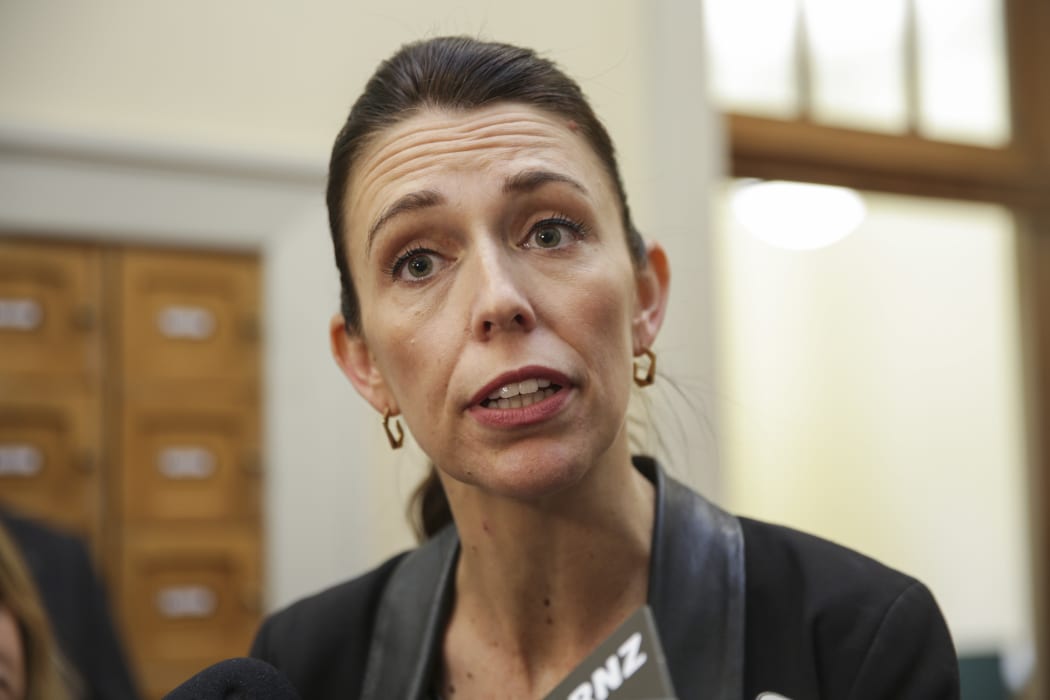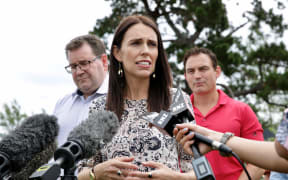New legislation will require governments to set both three and 10-year targets to reduce child poverty rates, using a range of measures.
Child poverty was a strong focus of both National and Labour's election campaigns.
The government said child poverty rates, after taking housing costs into account, were much higher now than they were in the 1980s, and higher than the poverty rates for older New Zealanders.
When hardship rates were compared against the overall population, New Zealand was "worse for children" than any European country, it said.
The Child Poverty Reduction Bill aims to provide a greater focus on the issue across both government and society, transparent government reporting, a commitment to future action and accountability for governments.
The actual target will not be included in the legislation itself, so future governments have the flexibility to set their own.
Measures include:
- Whether families are earning less than 50 percent of the median income
- The impact of housing costs on a family's income, and;
- Material hardship using the European Union's standard threshold (these include 17 measures such as can a family afford to pick up a prescription, go to the doctor and heat their home).
There are a further six supplementary measures looking more deeply at income before and after housing costs, and material hardship.
Ms Ardern said another measure - persistent poverty - will be used for the first time.
Looking at how long a family remains in poverty, she said, would help the government target its policy.
Ms Ardern said often families experienced persistent poverty when their children were young, which meant the government could look at Early Childhood Education and other policies to support parents.
The legislation will also require governments to develop and report on a strategy to promote the overall well-being of children, including a particular focus on reducing child poverty.
Ms Ardern said she would release the actual targets soon.

Photo: RNZ / Richard Tindiller
Reporting requirements
The Bill will require Statistics New Zealand to produce independent reports on all 10 of the primary and supplementary measures of child poverty.
Each Budget Day, the government will have to publish progress reports made towards the set targets, explain how far that year's Budget will go towards reducing child poverty and assess its impact.
Ms Ardern said "New Zealand has the opportunity, and the moral obligation, to ensure children are free from the burden of poverty".
Targets on their own were not enough, she said, and she was happy to be held accountable for her government's progress on this issue.
"The Bill requires governments to develop a comprehensive child well-being strategy that keeps child poverty top of mind, and keeps the focus on improving the living standards of children."
Between 150,000 and 290,000 children are living in poverty or hardship depending on the measure used, with around 80,000 in more severe hardship.
Many of these children not only go without the basics, the government said, but were also more likely to have a harder time at school, more difficulty finding work, earn less, and experience poorer health.
PM's statement
"For a country with relative abundance, New Zealand has the opportunity, and the moral obligation, to ensure children are free from the burden of poverty," a statement from Ms Ardern said.
She said for too long, too many children have lived in poverty and hardship and economic growth along has not fixed this.
"We have not included individual government targets in the Bill. We want to leave room for each government to determine their own child poverty reduction ambition.
"Tackling and measuring child poverty is complicated and demanding, but our children are relying on us to act."
The bill was part of Labour's election manifesto and part of the government's first 100 days commitment.
Reducing child poverty was a strong focus for both National and Labour during the election campaign, and the government promised a bi-partisan approach.
But the party leaders have disagreed on the level of consultation on the draft bill.






